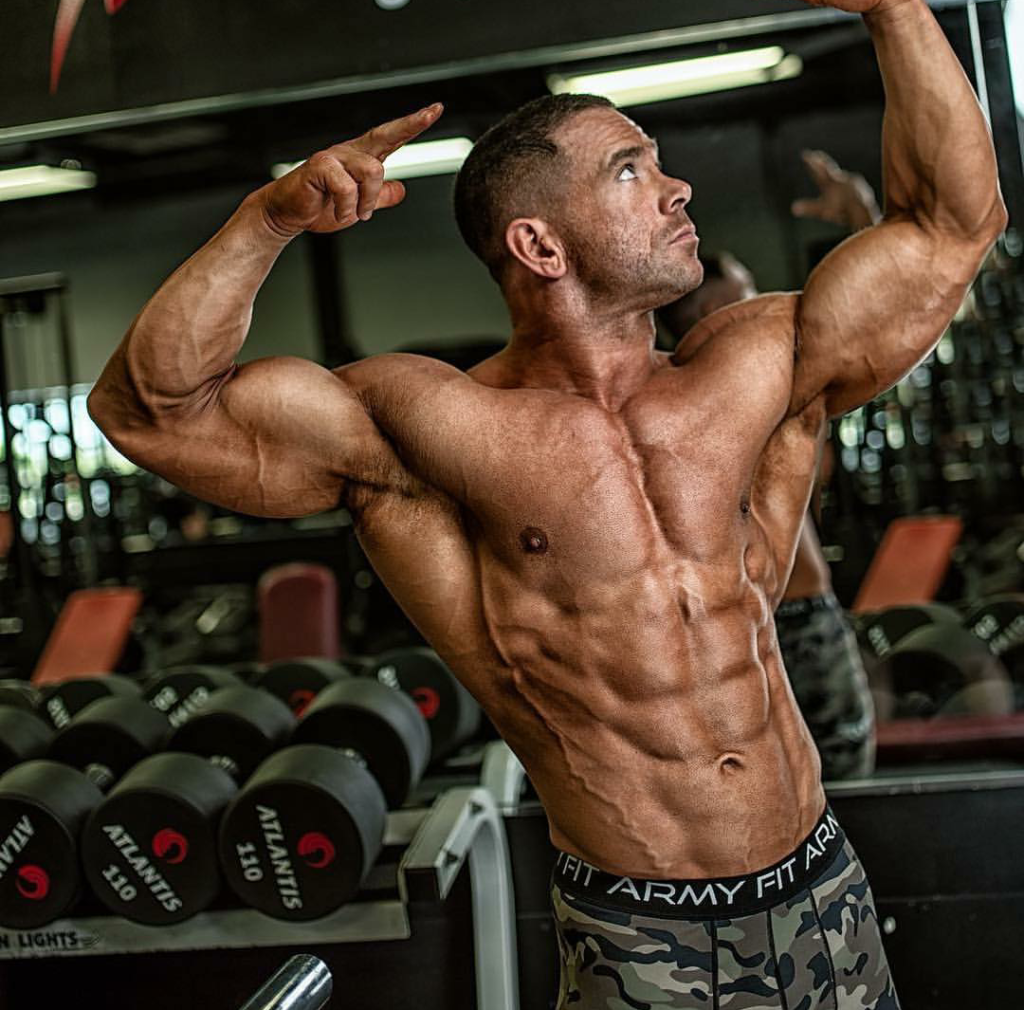
Have you watched a bodybuilding competition? Did you know that these bodybuilders follow a stricter diet approaching the day of the contest? Whether you choose to watch it on your television at home while sitting on your favourite couch or you made an effort to witness the actual competition in person, it will not change the fact that its competitors have trained hard and worked harder in keeping their healthiest and strictest diet up to the day of the competition.
The pre-contest diet preparation is the most pertinent issue in preparing for competition because it doesn’t only require a clean diet but drastic changes in their already healthy meals must be applied. They have tracked their calories, carbs, proteins, and fat intakes and they have never skipped any single meal. Competitive bodybuilders employ a combination of resistance training, cardiovascular exercise, calorie reduction, supplementation regimes, and peaking strategies to lose fat mass and maintain fat-free mass.
Competitive Bodybuilding
It is growing in popularity but lacks adequate scientific research. Absence of relevant information for participants, they are at a loss using contest preparation guesswork. What makes it even worse is relying on inaccurate feedback from buddies and coaches. The goal of bodybuilding is to develop lean body mass and muscle definition, which takes years to achieve. When the day comes to step onstage to be judged, your nutritional strategy and pre-competition diet have a major impact on achieving your optimal physical profile and final score.
The still ongoing concern for many competitors is the lack of knowledge on the proper nutrition and supplement program that they tend to follow the “one-size-fits-all” practice which leaves many bodybuilders unable to reach their goals and struggling for its possible reasons. To achieve the desired physique, athletes concentrate on building muscle mass and minimizing fat gain. A pre-competition diet and exercise regime during the final weeks before the event is important to achieve a muscular physique with perfect proportions.
An evidence-based guide has recently been published to shed some light on the most important phase of the contest preparation: nutrition and supplementation. The diet has three main goals: to spare as much muscle mass as possible, lose as much fat as possible and not cause the person to lose intensity in the weight room.
Let’s give more clarity on a bodybuilders diet musts
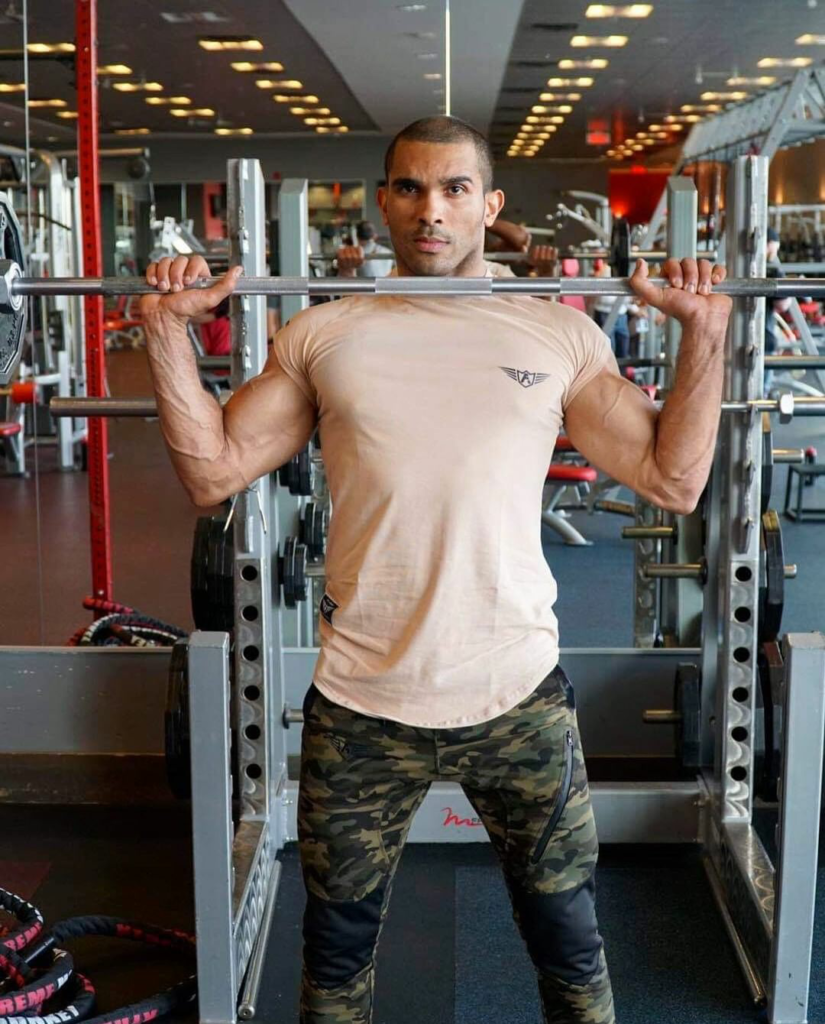
Calorie Intake
A contest preparation typically follows a minimum of a 2-4 month diet plan. Its primary goals are to shed fat and increase the muscle size before hitting the stage. Each person begins at a different percentage of body fat and muscle size. Accurately balancing the macronutrients that is specific to the changing needs of the participant through the training process is essential.
Based on research, that the caloric intake, which one begins his preparation should be expected to be adjusted over time as the body mass decreases and metabolic adaption occurs. A rapid weight loss can lead to loss of lean body mass (LBM) and strength. What has shown superior for retaining LBM is a gradual loss of .5kg or 1.1lbs per week which is approximately 1 500 calorie deficit per day. This figure is based on a 154lb participant with 13% body fat and no more than 15lb over their contest weight and given a 3-month preparation time, which means a competitor who is over the suggested weight and body fat would require fasted weight loss methods and has a risk of losing lean body mass (LBM).
Lean body mass (LBM)
Ample time is needed to prepare for a competition, as it helps to prevent aggressive weight loss measures linking to decreased LBM. The program length also needs to be specific for each body type of competitor. Shorter diet periods are recommended for leaner participants compared to those who have higher percentages of body fat. A 12-week study was conducted for male bodybuilders which reveals that there is a significant weight loss 3 weeks before the contest that resulted in a loss of LBM.
If there is a need for weight loss, the faster loss should happen at the start of the preparation and a more gradual weight loss should occur approaching the end of the contest preparation period, this method will help in maintaining lean body mass.
Focus on Protein
Protein requirements are important to help competitors maintain their LBM or muscles. Based on research, it indicates that a 1.2 to 2.2/kg of body weight is sufficient for certain athletes. Some bodybuilders require more due to their extreme training or caloric deficit conditions.
A systematic review on protein intakes in resistance-trained, lean athletes during caloric restriction, by Helms et al, suggests a range of 2.3 to 3.1 g/kg of LMB may be more appropriate for bodybuilding.
Some of the best dietary sources of protein are:
- Meat, poultry, and fish
- Dairy products
- Eggs
- soybeans and soy products like tofu
If you want to strategically add muscles to your body through protein take, click here to know more.
Load your meal with Carbohydrates
Carbohydrates fuel athletic performance and plays a key role in strength training. Consumption of adequate amounts of complex carbs before exercise can reduce glycogen depletion and may enhance performance.
A study suggests that a low-carbohydrate, high-protein diet can be effective for weight loss. Once a competitor nearly reaches the desired level of leanness, it may be advantageous to reduce the caloric deficit by increasing the carbohydrate intake.
Some good food sources of complex carbs include:
- Potatoes
- Yams
- Peas
- Broccoli
- Corn
- Squash
- Carrots
- Whole grains
- Legumes
Mix your diet with Fat
This is a necessary component of a healthy diet that provides energy and facilitating the absorption of fat-soluble vitamins. According to a review, there may be a correlation between testosterone and fat intake. It was reported that a significant reduction in fat intake in the diet may reduce testosterone levels and impair the hormonal response to training.
This testosterone hormone helps maintain bone density, fat distribution, muscle strength and mass, and production of red blood cells.
Adequate fat intake is linked to regulating anabolic hormone concentrations. Research suggests a fat intake has a direct impact on LBM (lean body mass) during the dieting period. The argument exists “for fat intakes between 20 to 30% of calories have been made to optimize testosterone levels in strength athletes”.
Consider nitrate-reach foods
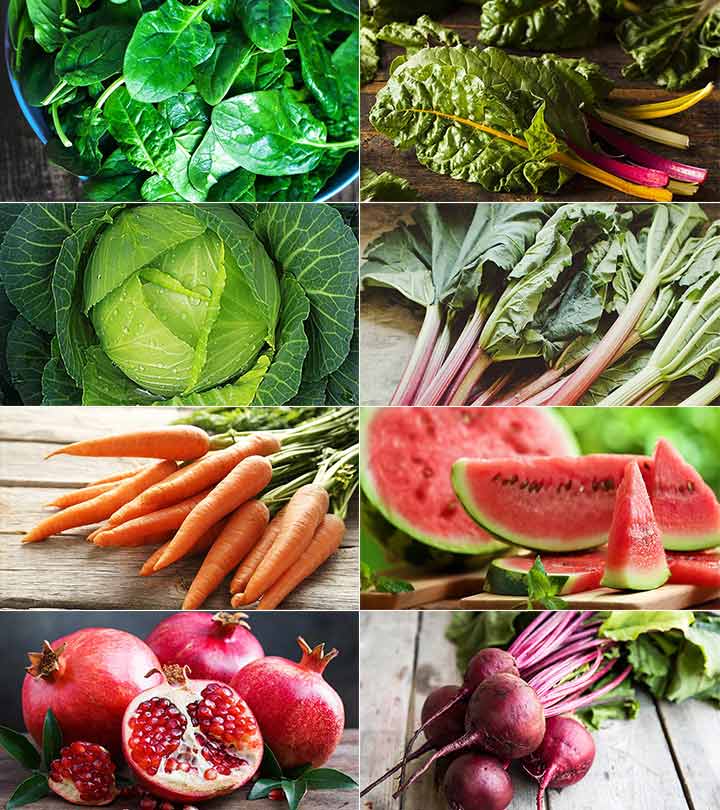
Nitrates are found in many foods, including leafy greens and root vegetables. Some of its best examples are spinach, rocket salad, celery, and beets. When you consume nitrate-rich foods, your body converts these compounds to nitric oxide which causes your blood vessels to relax and dilate.
Wider blood vessels may help increase the proper delivery of oxygen and nutrients to the muscles during the exercise. According to research, dietary nitrates could benefit the high intensity, intermittent and short-duration training required in bodybuilding. An enhanced nitric oxide bioavailability increases muscle fiber function and has been associated with improvements in exercise time to exhaustion.
Peak week pre-contest diet
During the final week of the pre-contest preparation, bodybuilders apply strict training and dietary regimes to fine-tune their bodies in an attempt to maximize their aesthetics for the day of the competition.
According to a small study conducted on male and female bodybuilders who have competed in a competition indicates that carbohydrates, water, and sodium manipulations were the most widely used pre-contest strategies. The practices mentioned may not be suitable for all, but the reported diet plans reported by the participants are an overview of the strategies that have proven successful to them. This context may provide useful to some established strategies that can help you customize a pre-competition diet depending on your individual needs.
The study has also found that most athletes are focused on protein intake moderation and high consumption of carbs. The majority of participants practiced carb restriction followed by carb-loading that lasted between one to four days. Competitors are reportedly consuming up to 100 grams of carbohydrates each day during their restrictive phase.
Should you take Dietary Supplements?
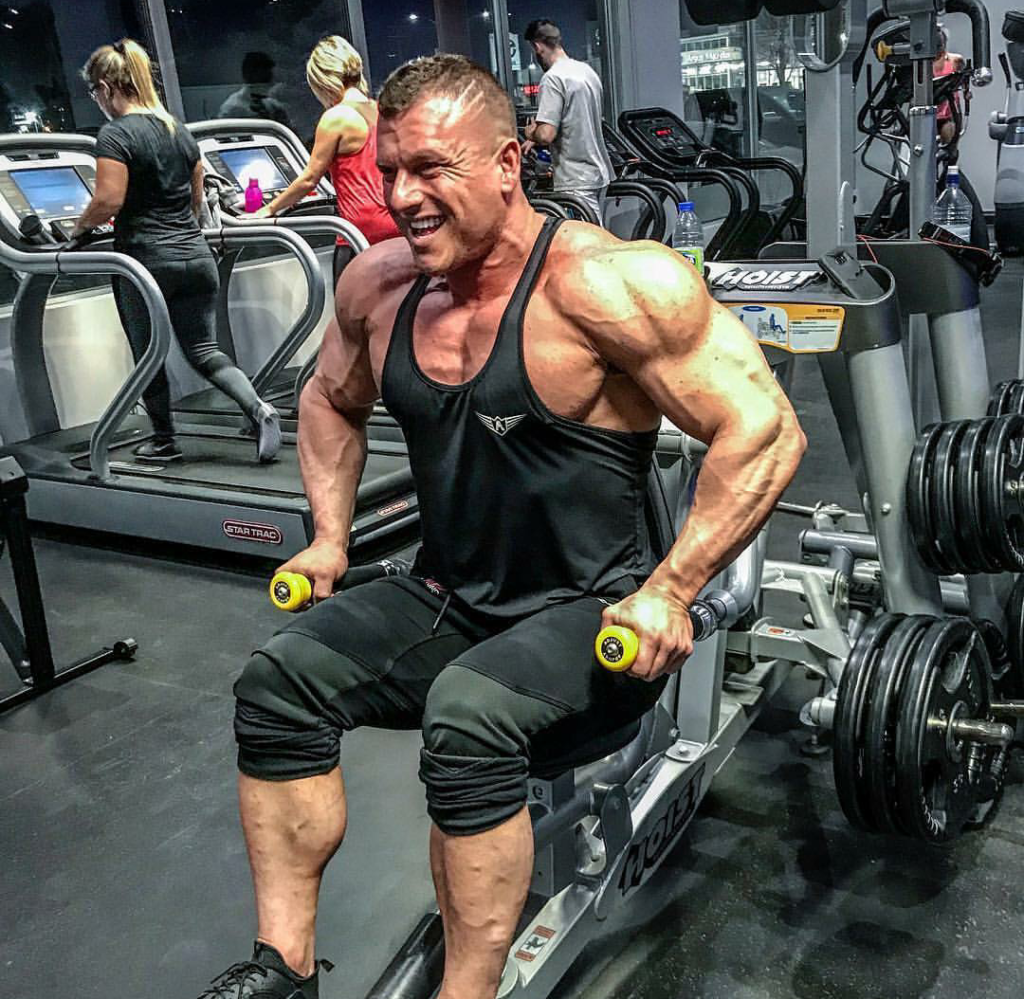
Although eating a variety of nutrient-dense foods is the best approach to remain healthy while achieving your bodybuilding goals, a multivitamin and mineral supplement may be helpful upon limiting your calorie intake to reduce body fat when cutting.
Several muscle-building supplements are marketed to athletes claims to enhance stamina, but these supplements can cause harm to your health and performance if you are a competing bodybuilder. Supplements that have evidence-based benefits according to a study contain caffeine, creatine, and nitrate.
Caffeine acts as a stimulant that helps in short-term anaerobic exercise by increasing endorphin release, improving neuromuscular function and reducing the feeling of exertion. It is often the basic element for some pre-workout drinks and supplements. But a caffeine intake that exceeds 400 milligrams a day may cause side effects like nausea, insomnia, muscle tremors, and rapid heartbeat.
Creatine, on the other hand, is a substance that is naturally found in our muscles, which helps produce the energy needed during heavy lifting or high-intensity exercise. Supplementation may increase creatine stores that will lead to faster gains in lean mass and muscular strength and power.
Comments
0 comments

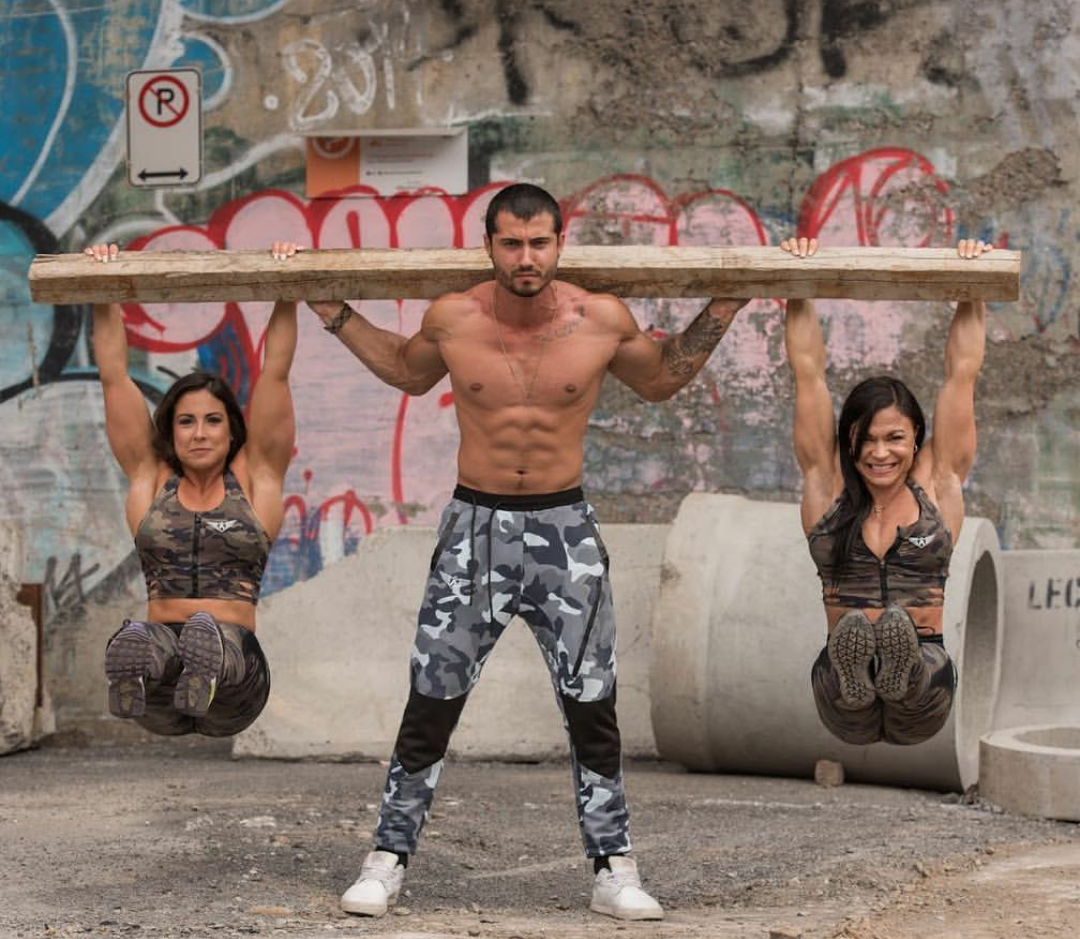
This is a great article, but you can’t lose weight until you try this:
http://bit.ly/3sYjWoU
Can I smoke during the peak week pre-contest diet?
Start Making Original New Indie Pop Music
Greetings! I am Lien Hite but my husband doesn’t are pleased at every bit of. Her husband and her dwell in Missouri and he or she will never move. My job is a people manager but soon I’ll be on personalized. What I love doing is acting when i would never give upward.
While traveling through the gaseous medium, the speed of sound varies in accordance with the change in temperature. Maybe partner sent a tester Focus session. So take into consideration that in the complete price.
The point of view of your article has taught me a lot, and I already know how to improve the paper on gate.oi, thank you. https://www.gate.io/ja/signup/XwNAU
Thank you for your sharing. I am worried that I lack creative ideas. It is your article that makes me full of hope. Thank you. But, I have a question, can you help me?